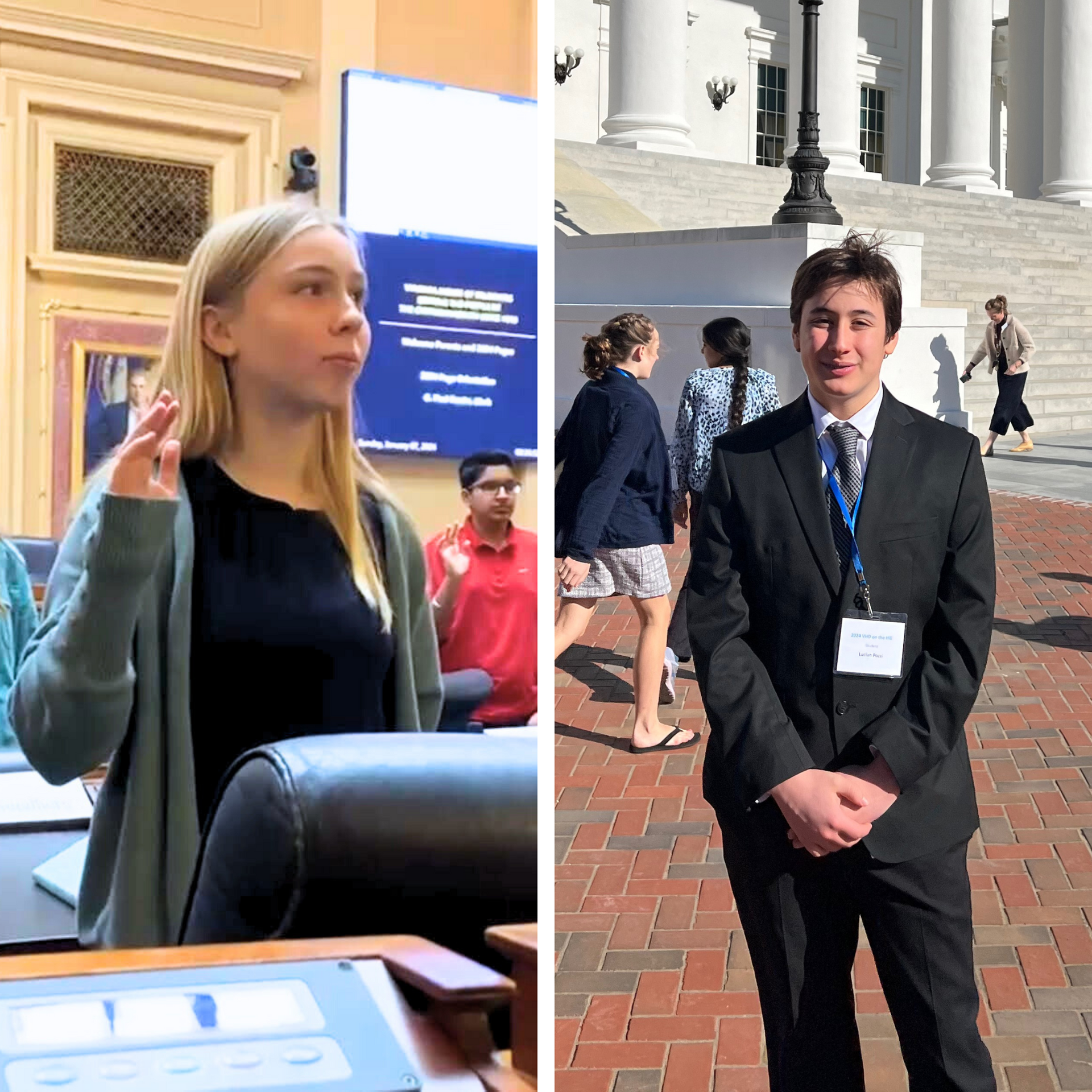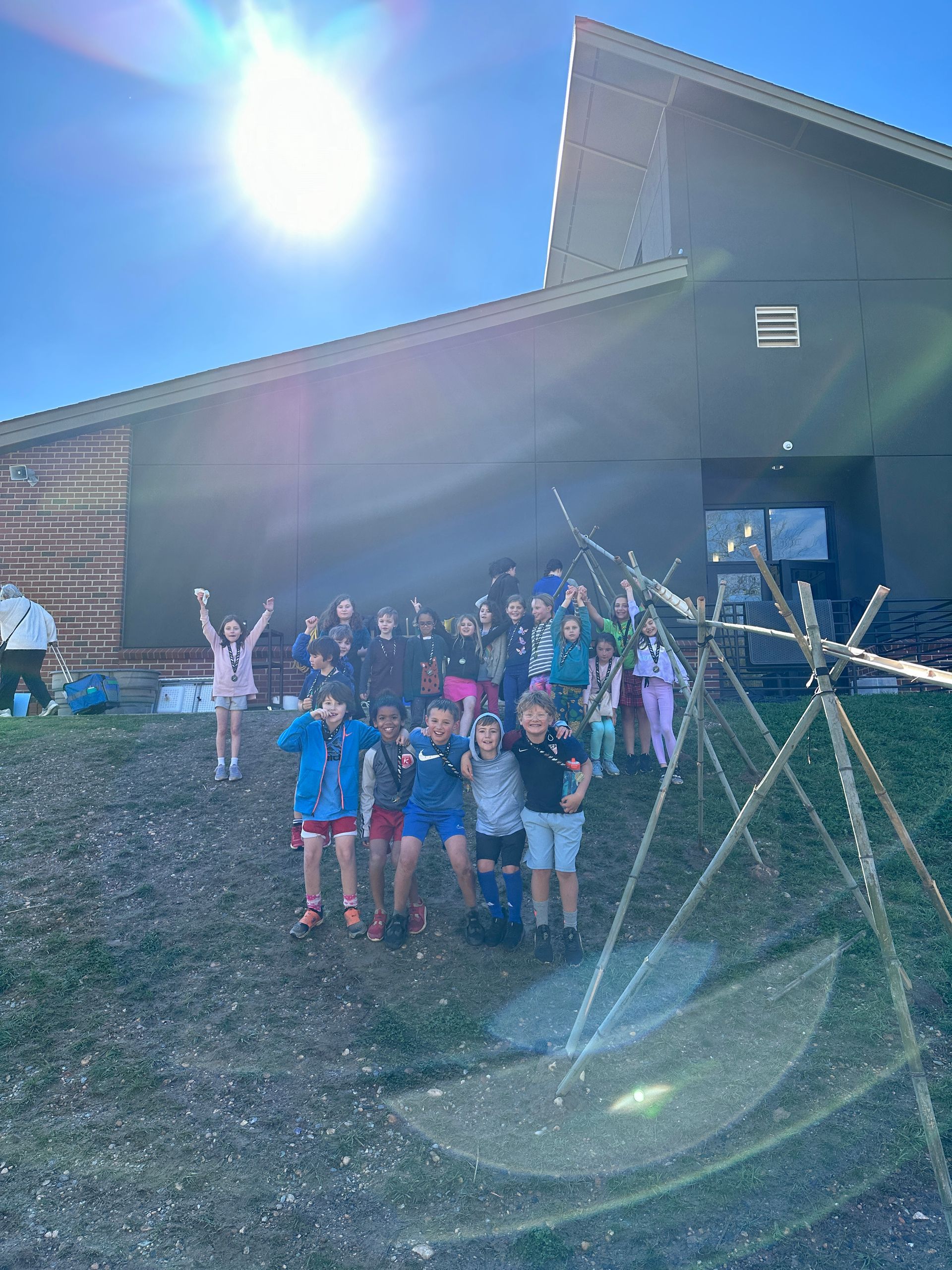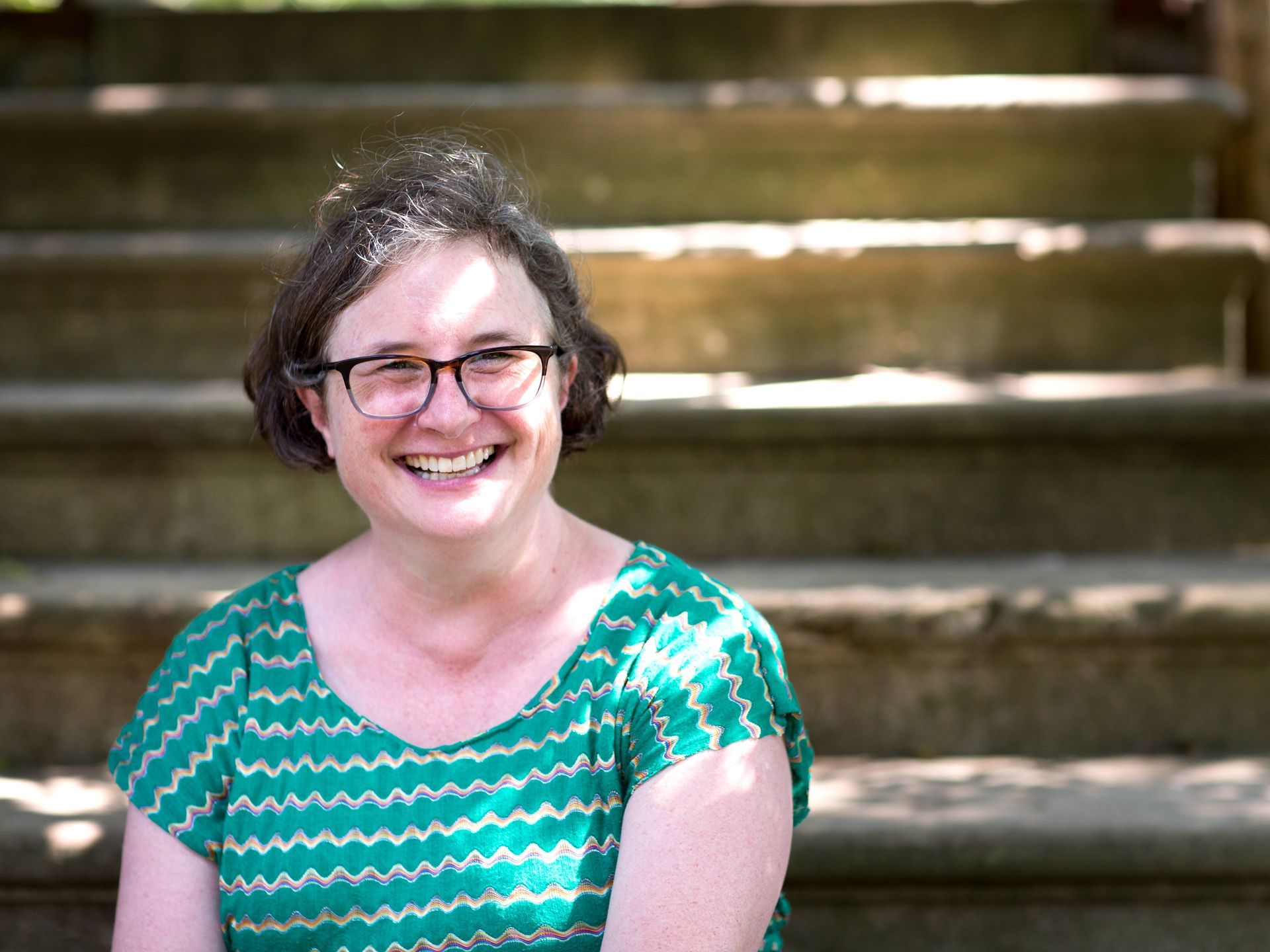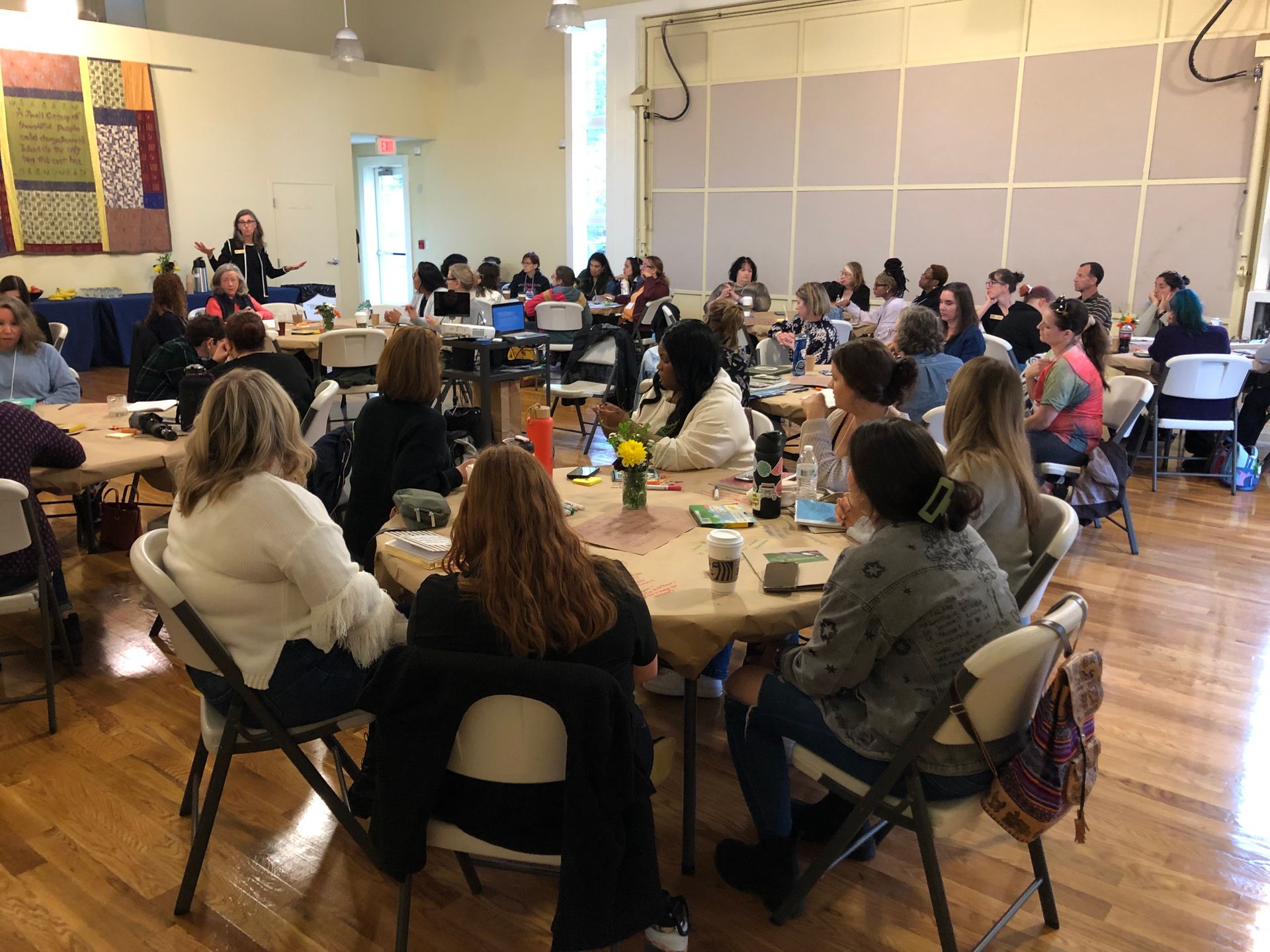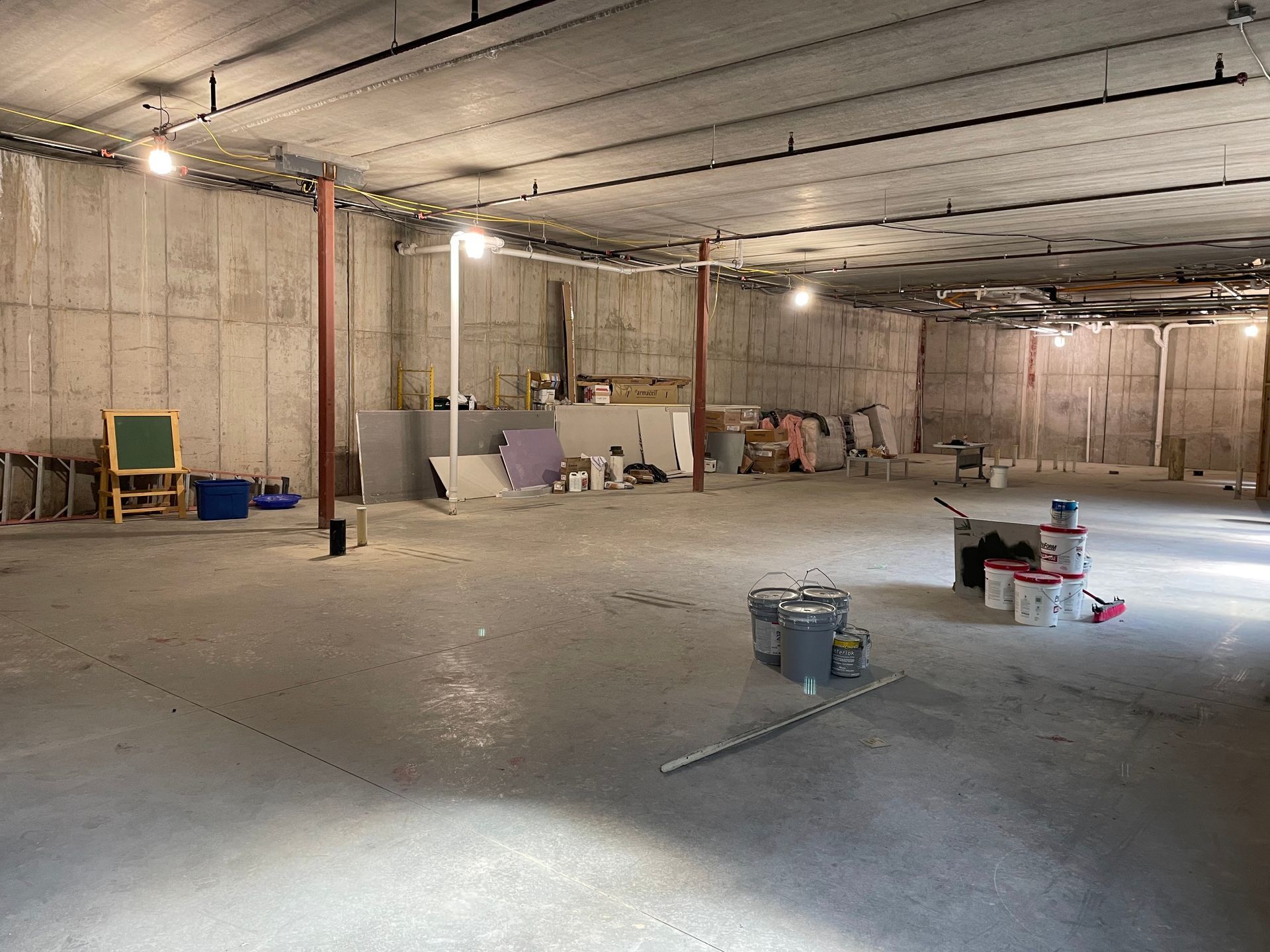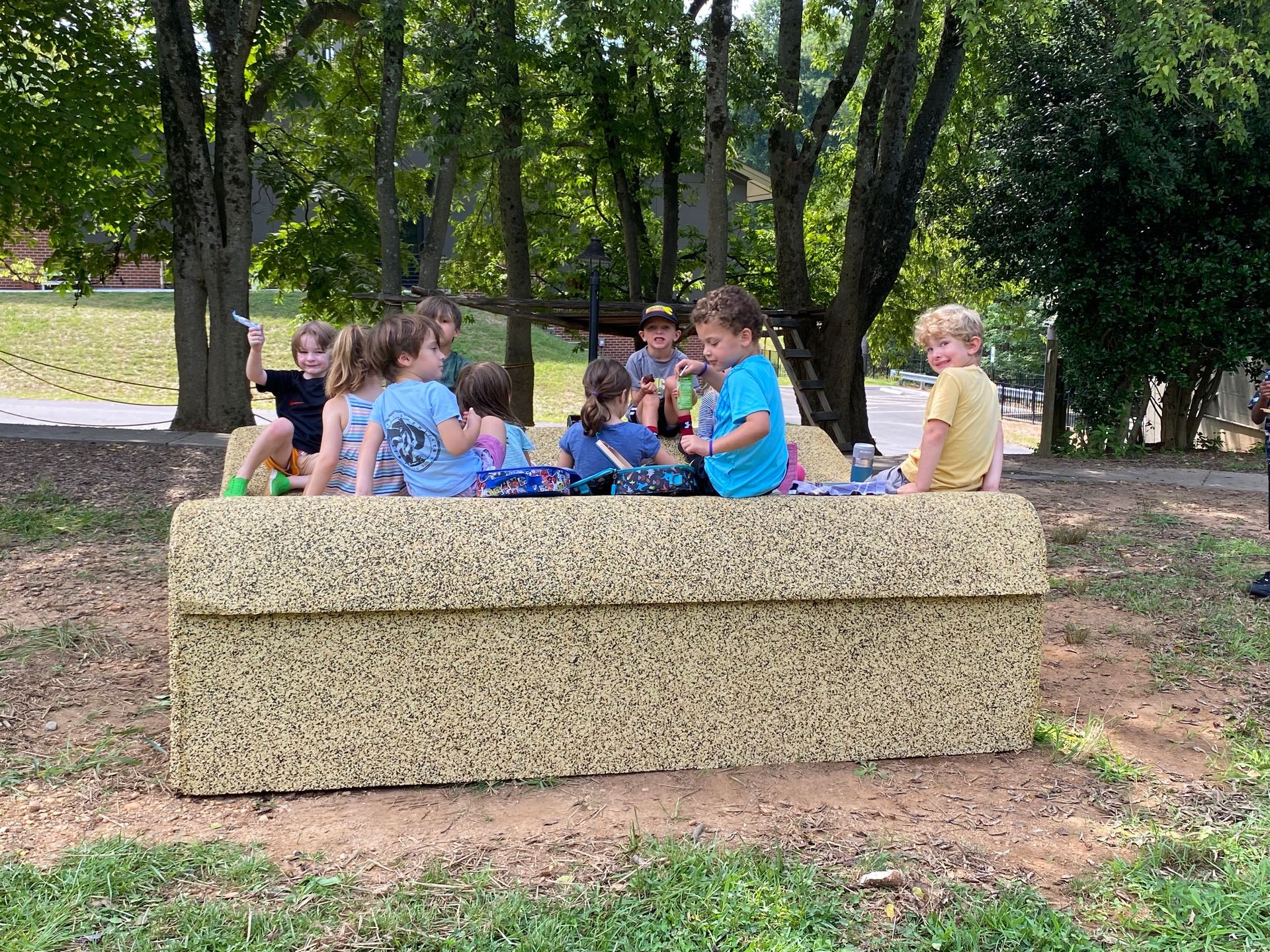Theme for November – Complexity and Error
“At Sabot, we see error as an essential part of the learning process.”
At Sabot, we place a strong emphasis on the idea that our faculty are teacher researchers . We learn about learning through individual research and study within our disciplines, through informal discussions and scheduled meetings with our colleagues, and, most important, through observing and engaging with our students in their work. To share some of what we have learned, throughout the year, the middle school faculty will pick topics or themes as a focus for our blogging. As we get together and discuss the different meanings and applications of each theme, we will also be documenting and reflecting on that theme in specific subjects.
This month, our topic is “ Complexity and Error ”. Although “error” is defined by the American Heritage Dictionary as “an act, assertion, or belief that unintentionally deviates from what is correct, right, or true,” the word’s Latin origin, “errare,” means “to wander, to stray.” This is actually a wonderful way of thinking about “error,” because all who wander are not lost.
Student errors can be seen from two different perspectives by teachers and parents. At first, we might only see a lack of understanding — we assume that students don’t know or have “forgotten” a mathematical concept, a historical event, a scientific principle, or a writing convention. But a closer look at the nature of the error may reveal that the error is actually evidence of increasing complexity in a student’s thinking or a student’s efforts to engage with more complex issues and analysis.

A complex problem correctly processed but with a simple error resulting in an “incorrect” answer.
At Sabot, we see error as an essential part of the learning process. This month, our research theme explores examples of “productive error” within our different academic subject areas.
The post Theme for November – Complexity and Error appeared first on Sabot at Stony Point.
SHARE THIS POST

